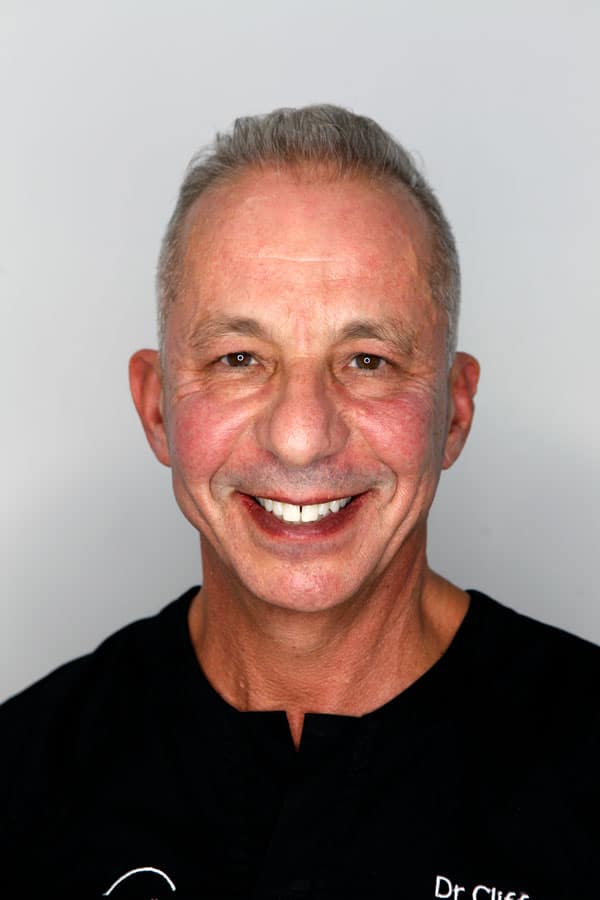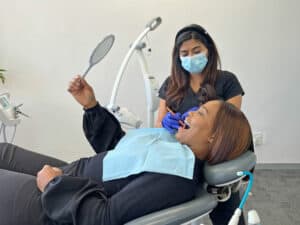The short answer is no – you do not need a full range of x-rays for every dental issue you encounter.
Often, dentists will order multiple x-rays in order to thoroughly examine the mouth and oral structures. There are times when dentists overdo it though – usually with new patients – and order multiple x-rays which aren’t actually necessary as part of their protocol. The radiation produced by x-rays are minimal, but every effort should be made to reduce exposure and minimize the use of x-ray machines.
For this reason, each consultation needs to be personalised and x-rays should only be ordered when necessary. Your dentist should first thoroughly examine the mouth and oral structures to determine whether there are problem areas before ordering x-rays to further examine these trouble areas.
A full-mouth series of x-rays should be reserved for patients who have had extensive dental procedures performed or have excessive active decay, and patients who have a higher risk of decay should only have x-rays ordered every 6 – 18 months. A patient who is not at high risk should only have x-rays done every 2 – 3 years and children, who are more sensitive to radiation, should hardly ever have x-rays done.
The Different Types of Dental X-Rays and Their Importance
There are various types of dental X-rays, including:
- Bitewing X-rays, which reveal cavities between teeth. They are called bitewings because you bite down on a wing-shaped device to hold the X-ray film in place.
- Panoramic X-rays, which require a special machine that rotates around the head to provide a detailed image of all the teeth and the underlying bones in a single X-ray.
- Periapical X-rays, which capture images of two or three teeth at a time. They can reveal an abscess caused by an infection or root caries, which are lesions at the base of the tooth. Film is placed on a holder, then put vertically in the mouth to take the x-ray.
- Dental cone-beam CT (CBCT) scans, which provide 3-D X-ray images of the teeth, their roots and the jaw.
If you have concerns about the number of x-rays your dentist has ordered, ask them to explain the purpose of each one. If your dentist tells you that it’s their protocol or policy to order multiple x-rays, you can decline the x-rays and request that only the absolute necessary x-rays be performed.
If you are interested in making permanent improvements to your smile, or have any questions, contact OptiSmile today. Our experienced team can answer your questions and help you with dental treatments you require.





